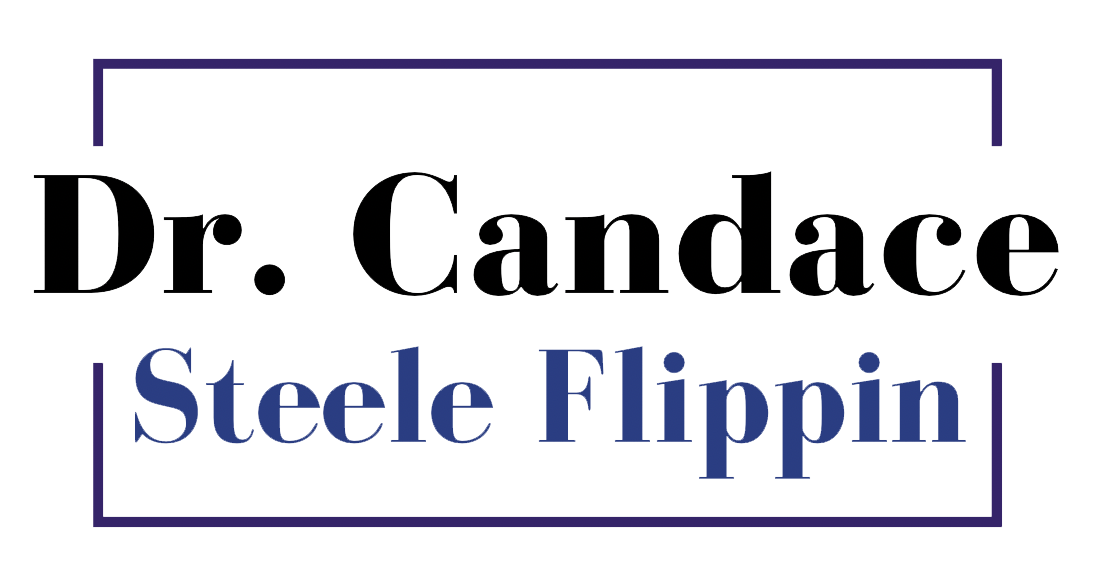““I try to give GOOD feedback to my youngest employees. I really do. I’m not just ticking off boxes and adding up the score. But they take my feedback so personally! I don’t get it. There’s something different about this generation.””
This conversation—overheard in an elevator—caught my friend’s attention because she knows I study generations in the workplace. She couldn’t recall everything the frustrated manager had to say about her “youngest employees,” but shared the gist of it with me.
Unfortunately, this supervisor’s struggle to communicate effectively in today’s multi-generational workforce can be the norm than the exception. With as many as five generations working side-by-side, it’s plausible that generational differences may cause misunderstanding (and lost opportunities for growth).
Members of Generation Z (those born after 1995) are the newest age demographic emerging to take their place in the workplace. Historical and cultural forces have shaped each generation in unique ways. As a result, we don’t always share the same priorities and assumptions, which can make it tougher for some older supervisors or co-workers to give effective feedback to this group.
For Generation Z, Relationships Come First
While conducting research for my book, Generation Z in the Workplace: Helping the Newest Generation in the Workforce Build Successful Working Relationships and Career Paths, I asked members of this demographic to rank six values from most important to least: career, financial security, health, relationships, happiness, and faith.
Both women and men in this age group ranked relationships and happiness as their top values—even higher than health or career.
Because our youngest employees prioritize interpersonal connections, older supervisors and co-workers may want to rethink their approaches to evaluation. Seeing feedback as an opportunity for “straight talk” can easily come across as “harsh talk” that de-emphasizes the relationship between supervisor and employee. Once rapport is damaged, conflict and tension can make your well-intentioned guidance ineffective, at best.
So how should you let them know how they’re performing? Try these six tips for a better result.
-
Be intentional about the interaction. Relationships matter to Gen Z, so consider taking the time to reflect on the nature of the professional relationship you want to develop or maintain, not simply the facts and figures on the evaluation form.
-
Use active listening. Give the employee a chance to talk, and then listen. Think conversation, not broadcast.
-
Don’t over-interpret. Stick to the facts, and avoid value judgments. Ask for clarity if you perceive they are do not understand.
-
Start with the positive contributions. Devote plenty of time to discussing areas where they’re performing well.
-
Share practical examples. Offer specific guidance and frameworks for areas where they need to improve.
-
Show that you’re willing to help. Ask “How can I/we help you improve?” is a better approach than asking “How are you going to improve?”
This generation has so much to offer. Their optimism, pragmatism, and tech-savviness mean they’re worth the effort to rethink the way we communicate. Every generation has something amazing to contribute, and the Gen Z’ers in the workplace are only just beginning to show us their potential.
Dr. Candace Steele Flippin is a multigenerational workplace scholar, author, and public affairs expert. Connect with her on LinkedIn.

